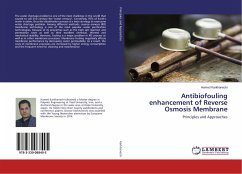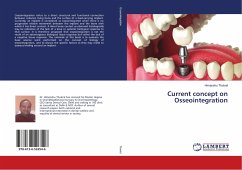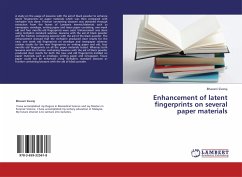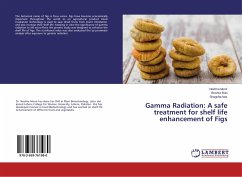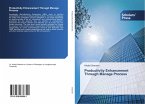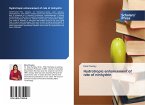The water shortage problem is one of the most challenge in the world that caused to call 21st century the "water century". Conversely, 97% of Earth's water is saline, thus the desalination process is a main strategy to overcome water shortage problem. Among different methods, reverse osmosis (RO) membrane technology is one of the most popular water purification technologies, because of its properties such as the high salt rejection and permeation rates as well as their excellent chemical, thermal and mechanical stability. However, fouling is a major problem in RO process as well as in other membrane processes. Membrane fouling negatively affects membrane performance by decreasing water permeability. As a result, the costs of membrane processes are increased by higher energy consumption and the frequent need for cleaning and maintenance.
Bitte wählen Sie Ihr Anliegen aus.
Rechnungen
Retourenschein anfordern
Bestellstatus
Storno

